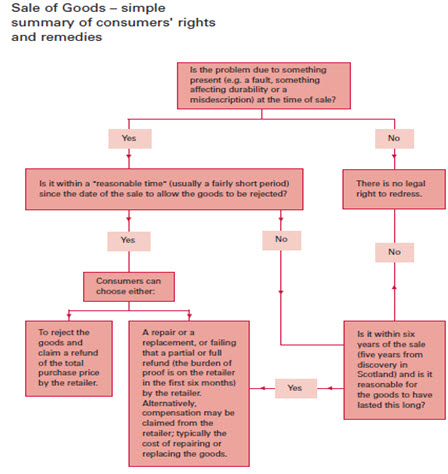Huge Increase In Detection Of Mobile Telephone Use Whilst Driving
Friday, 10. February 2017
In an earlier blog I talked about speeding and the crackdown on those considered to be a serious speeder with the imposition of increased fines. Well not only are we seeing a crackdown on speeding offences but also distractions, in particular mobile phones.
In an exercise that involved 36 police forces last November they stopped 10,012 cars and detected 8,000 mobile phone offences. 7,800 fixed penalty notices were issued along with several hundred verbal warnings and 68 court summons. In an earlier campaign in May 2016, 2,418 cars were stopped with 2,323 mobile phone offences detected.
When asked about the increase the National Police Chief’s Council (NPCC) explained that 6 more forces took part in the November campaign with more resources being dedicated to carrying out the roadside operation, especially by the Metropolitan Police. A further week long campaign was started in January 2017 the results of which are as yet unknown.
The exercise is a difficult one for the police as it is difficult for officers to differentiate between someone using a mobile rather than scratching an ear or nose or just raising a hand. But even so they managed to detect a frighteningly large number of offenders, many of whom weren’t aware of the increased fine and points as of 1st March 2017 (£200 spot fine and 6 points).
The NPCC said that outside these purges they are managing to detect more offenders as a result of new tactics and innovation employed, along with intelligence provided by the public, with particular success in catching repeat offenders. It would seem that this is something that the police will be doing on a regular basis following demands made by the public.
Whilst other distractions were detected such as eating crisps and chocolate and drinking from a bottle whilst driving they only amounted to 1.4% of the sample. So the police will continue to concentrate on mobile phone users whilst driving. You have been warned. By Graham Hill







